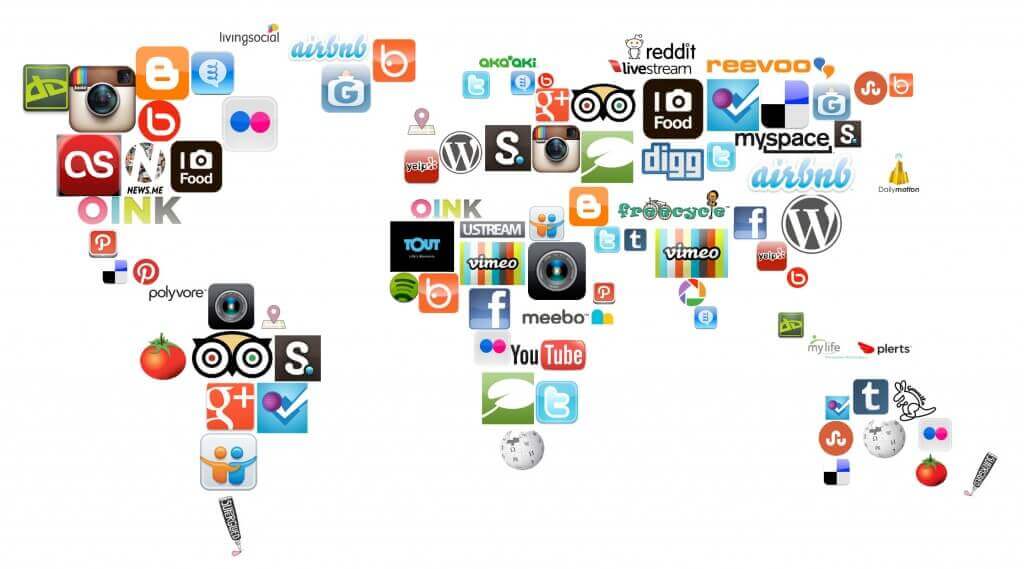
Forget being put on hold on the phone – customers today make a beeline for the airlines’ social media handles and work their way from there.
From updates on crises, to feedback about inflight service, social media has now become the most important and fastest way for airlines to connect with their customers, as well as for customers to get real-time information regarding their flights. Social media has also served as an excellent live, go-to platform for airlines to not only connect, but also engage with their stakeholders. Here are three ways on how social media impacts the airline industry.
As a choice platform for customer engagement
Many conversations between airlines and passengers take place on social media platforms, rather than on the phone or through e-mails. It often starts with public exchanges on public channels, before shifting to direct or private messages during the latter stages of customer service; for example, when such discussion requires sharing of personal data in order to resolve the issue. Major airlines have dedicated teams to monitor conversations on their social media platforms, and typically respond within the day. Interestingly, in India, the airline IndiGo took to social media to showcase their punctuality; the airline’s social media team would proudly share updates with their followers with the hashtag #ontime whenever a flight reached its destination early.
However, airlines need to recognise that on social, more so than on other platforms, customer engagement is a two-way street. This two-way street also needs to be enabled by a well-connected back-end, and translated into an empowered customer-facing front-end.
In the case of Dutch airline KLM, a passenger who had her luggage stolen Tweeted that she was stuck with wearing the same shirt for six days. While it was their social media team who spotted this, their quick alignment with the customer service team meant that distressed passenger, @LouGirlie, call for help got answered almost immediately.
Automated responses will not do for customers who demand empathy in their interactions with brands. Airlines’ social media and customer services teams, need to be empowered to resolve customer issues with empathy, as customers themselves can be a strong community of brand advocates. According to Nielsen, advocates are one of the most important assets to a brand, because 92% of consumers trust brand advocates for their opinions on a select brand.
Read rest of the article at The Drum




